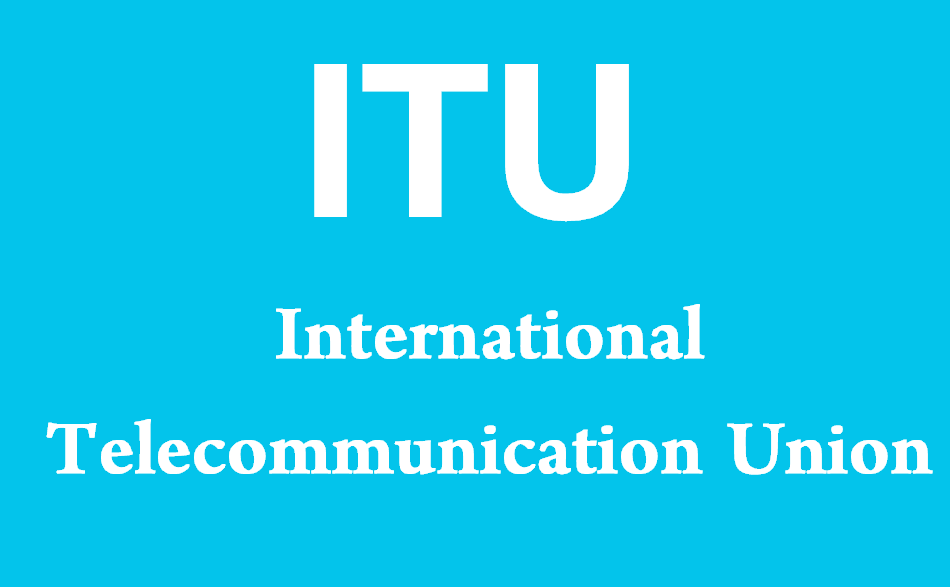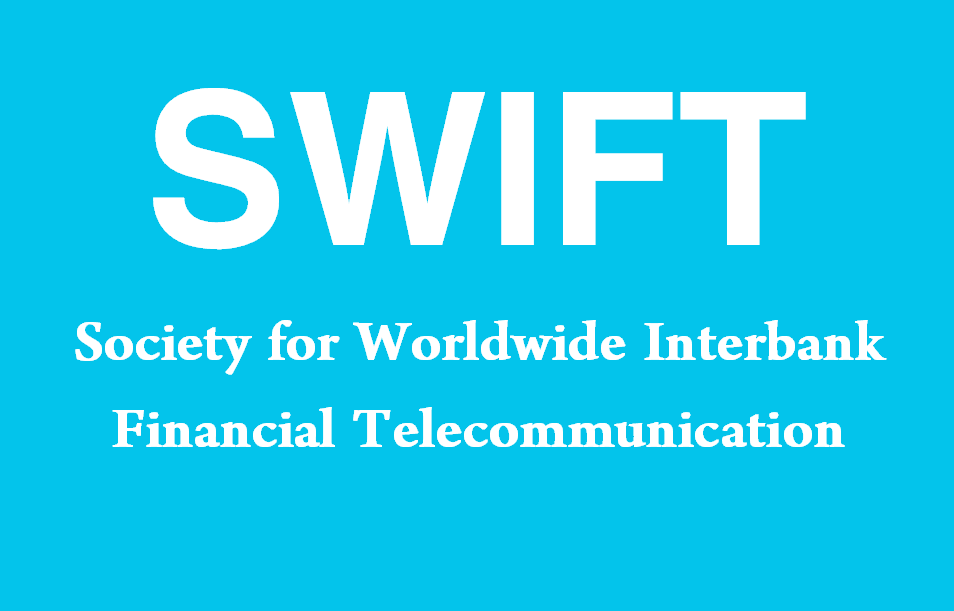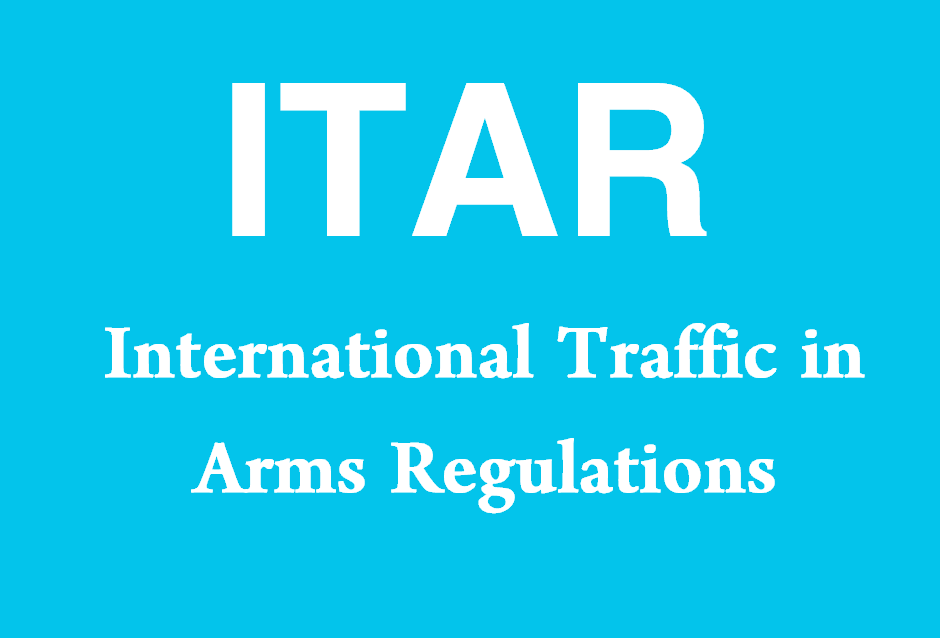What Does ITU Stand For?
ITU stands for “International Telecommunication Union.” The International Telecommunication Union is a specialized agency of the United Nations responsible for issues related to information and communication technologies. ITU coordinates the global use of the radio spectrum, promotes international cooperation in assigning satellite orbits, and works to improve telecommunication infrastructure in the developing world.

Comprehensive Explanation of International Telecommunication Union (ITU)
Introduction to International Telecommunication Union
The International Telecommunication Union (ITU) is a key global organization that facilitates international cooperation and coordination in the field of telecommunications. Founded in 1865, ITU has played a pivotal role in connecting the world through the development and standardization of telecommunication technologies. ITU’s mission is to ensure that communication networks and services are accessible, efficient, and universally available.
History and Evolution of ITU
Establishment and Early Years
The ITU was established in Paris in 1865 as the International Telegraph Union to standardize and improve telegraph services across international borders. The founding members recognized the need for cooperation in the rapidly expanding field of telegraphy, leading to the creation of this pioneering organization.
Transition to Telecommunications
With the advent of new communication technologies, the scope of ITU expanded beyond telegraphy. In 1932, the organization was renamed the International Telecommunication Union to reflect its broader mandate, which now included telephony and radio communications.
Structure and Functions of ITU
Organizational Structure
ITU is divided into three main sectors:
- ITU-R (Radiocommunication Sector): This sector is responsible for managing the international radio-frequency spectrum and satellite orbits to ensure efficient and equitable use. ITU-R develops standards, regulations, and best practices for radiocommunications.
- ITU-T (Telecommunication Standardization Sector): ITU-T develops international standards (known as ITU-T Recommendations) to ensure the interoperability and seamless connectivity of global telecommunication networks. These standards cover a wide range of topics, including network architecture, security, and quality of service.
- ITU-D (Telecommunication Development Sector): ITU-D focuses on fostering the growth of telecommunication infrastructure and services in developing countries. This sector provides technical assistance, policy advice, and capacity-building initiatives to bridge the digital divide.
Key Functions
The primary functions of ITU include:
- Standardization: Developing global standards for telecommunication technologies to ensure interoperability and compatibility.
- Spectrum Management: Coordinating the allocation and use of the radio-frequency spectrum and satellite orbits to prevent interference and maximize efficiency.
- Development Assistance: Providing support and resources to help developing countries build and expand their telecommunication infrastructure.
- Policy and Regulation: Facilitating international cooperation on telecommunication policies and regulatory frameworks to promote fair and equitable access.
Major Contributions of ITU
Global Standards Development
ITU’s work in developing global standards has been instrumental in the seamless operation of telecommunication networks worldwide. These standards ensure that devices and networks from different manufacturers and countries can work together, enabling global connectivity and innovation.
Spectrum Management and Satellite Coordination
One of ITU’s critical roles is managing the global radio-frequency spectrum and satellite orbits. This involves coordinating frequency assignments and satellite positions to avoid interference and ensure efficient use of these finite resources. ITU’s efforts in this area support a wide range of applications, from mobile communications to satellite broadcasting.
Bridging the Digital Divide
ITU is committed to bridging the digital divide by promoting the expansion of telecommunication infrastructure in underserved areas. Through initiatives like the Connect 2030 Agenda, ITU works to ensure that all people, regardless of their location, have access to reliable and affordable communication services.
Key Initiatives and Programs
Connect 2030 Agenda
The Connect 2030 Agenda is ITU’s strategic plan to achieve universal and affordable access to information and communication technologies (ICTs) by 2030. The agenda focuses on five key goals: growth, inclusiveness, sustainability, innovation, and partnership. ITU collaborates with governments, private sector entities, and other stakeholders to implement this ambitious plan.
World Radiocommunication Conferences (WRC)
WRCs are held every four years to review and revise the international regulations governing the use of the radio-frequency spectrum and satellite orbits. These conferences play a crucial role in addressing the evolving needs of radiocommunication services and ensuring the efficient use of spectrum resources.
ITU Telecom World
ITU Telecom World is an annual event that brings together industry leaders, policymakers, and stakeholders to discuss and showcase innovations in the telecommunications sector. The event provides a platform for networking, knowledge sharing, and forging partnerships to advance global telecommunications.
Challenges Faced by ITU
Rapid Technological Advancements
The rapid pace of technological advancements presents a significant challenge for ITU. The organization must continuously update its standards and regulations to keep pace with emerging technologies such as 5G, the Internet of Things (IoT), and artificial intelligence (AI).
Spectrum Scarcity
The increasing demand for wireless communication services has led to spectrum scarcity. ITU must balance competing needs and find innovative solutions to allocate and manage spectrum resources efficiently.
Bridging the Digital Divide
Despite significant progress, the digital divide remains a persistent challenge. ITU must continue its efforts to ensure that all regions, especially developing countries, have access to modern communication technologies and services.
Future Directions for ITU
Embracing Emerging Technologies
ITU is actively working to address the challenges and opportunities presented by emerging technologies. This includes developing standards and frameworks for 5G networks, AI applications, and IoT devices. By embracing these technologies, ITU aims to foster innovation and drive global connectivity.
Enhancing Cybersecurity
As cyber threats become more sophisticated, ITU is focusing on enhancing cybersecurity measures. This involves developing standards and best practices for securing communication networks and promoting international cooperation to combat cybercrime.
Promoting Sustainable Development
ITU is committed to promoting sustainable development through ICTs. This includes supporting initiatives that reduce the environmental impact of telecommunication infrastructure, promoting energy-efficient technologies, and leveraging ICTs to address global challenges such as climate change.
Notes to Importers
Importance of ITU for Importers
For importers of telecommunications equipment and services, understanding ITU’s standards and regulations is crucial. Compliance with ITU standards ensures that products are compatible with global networks and meet international quality and safety requirements.
Key Considerations for Importers
Adhering to ITU Standards
Importers must ensure that their products comply with relevant ITU standards. This includes telecommunications equipment, mobile devices, and other ICT products. Adherence to these standards ensures interoperability and market acceptance.
Navigating Spectrum Regulations
Importers of wireless communication devices must navigate the complex landscape of spectrum regulations. Understanding ITU’s spectrum management policies and national regulations is essential for ensuring that imported devices operate within authorized frequency bands.
Engaging with ITU Initiatives
Importers can benefit from engaging with ITU initiatives and programs. Participating in ITU events, such as ITU Telecom World, provides opportunities for networking, knowledge sharing, and staying informed about the latest developments in the telecommunications sector.
Practical Tips for Importers
Conduct Thorough Compliance Checks
Before importing telecommunications equipment, conduct thorough compliance checks to ensure adherence to ITU standards and national regulations. This includes verifying certifications, testing equipment, and consulting with regulatory authorities.
Collaborate with Industry Experts
Collaborate with industry experts and stakeholders to navigate the complexities of ITU standards and regulations. Engaging with knowledgeable professionals can help importers stay informed and ensure compliance.
Stay Informed About Regulatory Changes
Stay informed about changes to ITU standards and national regulations. Regularly monitor ITU publications, attend industry conferences, and participate in relevant forums to keep up-to-date with the latest developments.
Sample Sentences and Their Meanings
- “The ITU develops global standards to ensure the interoperability of telecommunication networks.”
- This sentence indicates that the International Telecommunication Union creates standards that allow different telecommunication networks to work together seamlessly.
- “Compliance with ITU regulations is essential for importing telecommunications equipment.”
- This sentence explains that adhering to ITU’s rules is necessary for bringing telecommunications devices into a country.
- “The ITU’s efforts in spectrum management help prevent interference between wireless communication services.”
- This sentence highlights ITU’s role in managing radio frequencies to avoid conflicts between different wireless services.
- “By participating in ITU initiatives, importers can stay informed about the latest industry developments.”
- This sentence suggests that engaging with ITU’s programs allows importers to keep up with new trends and information in telecommunications.
- “The ITU-T sector focuses on developing technical standards for telecommunication networks and services.”
- This sentence specifies that the ITU-T division is responsible for creating technical guidelines for telecommunications.
Other Meanings of ITU
| Acronym | Full Form | Description |
|---|---|---|
| ITU | International Telecommunication Union | A specialized agency of the United Nations focused on telecommunications. |
| ITU | Intensive Therapy Unit | A hospital unit providing intensive medical care. |
| ITU | Istanbul Technical University | A prominent technical university in Turkey. |
| ITU | Information Technology Unit | A department within an organization responsible for managing IT infrastructure. |
| ITU | In The Universe | A phrase used in various contexts to indicate something existing or occurring in the universe. |
| ITU | International Triathlon Union | The governing body for the sport of triathlon. |
| ITU | Industrial Training Unit | A unit within an organization that provides vocational training for industrial skills. |
| ITU | Integrated Testing Unit | A facility or unit that conducts integrated testing of systems and components. |
| ITU | International Trade Union | An organization representing the interests of workers globally. |
| ITU | Independent Telecommunications Union | A labor union representing telecommunications workers. |
| ITU | Information and Telecommunication University | An educational institution specializing in telecommunications and IT. |
| ITU | Inbound Tourism Unit | A division within a tourism organization focusing on incoming tourists. |
| ITU | Interactive Television Unit | A system or division within a media organization focusing on interactive TV services. |
| ITU | Internal Technical Unit | A technical division within a company responsible for internal projects. |
| ITU | Institute of Technology and Universities | An educational consortium or organization focused on technology and higher education. |
| ITU | International Timekeeping Union | An organization dedicated to maintaining global time standards. |
| ITU | Intermodal Transport Unit | A unit or container used for intermodal freight transport. |
| ITU | Internet Training Unit | A department offering training on internet usage and technologies. |
| ITU | International Translation Unit | An organization or department providing translation services for international communications. |
| ITU | Investment and Trade Unit | A division within an economic development organization focused on investment and trade. |






